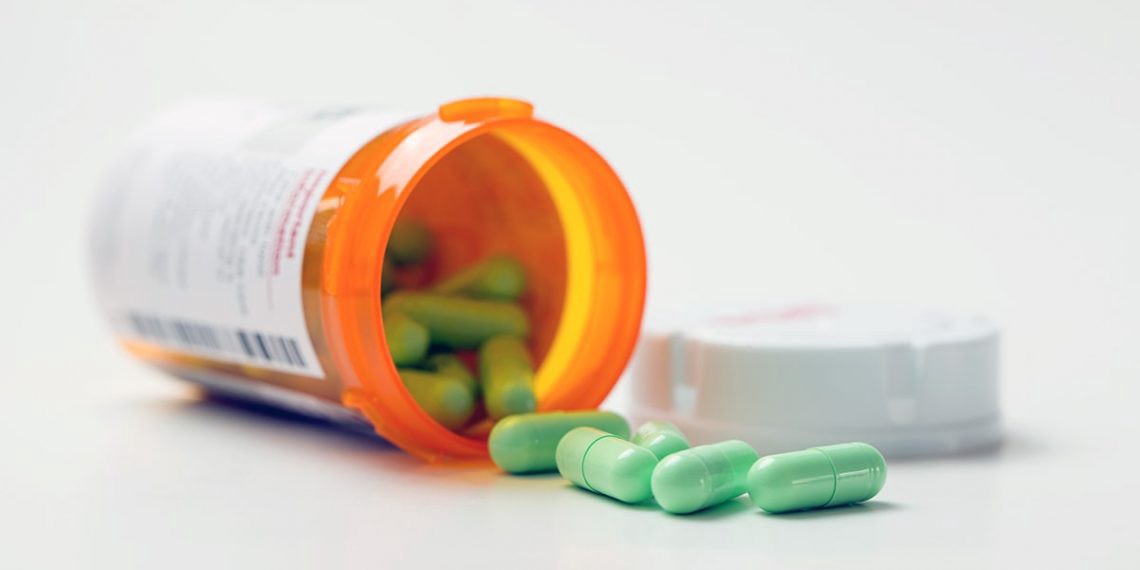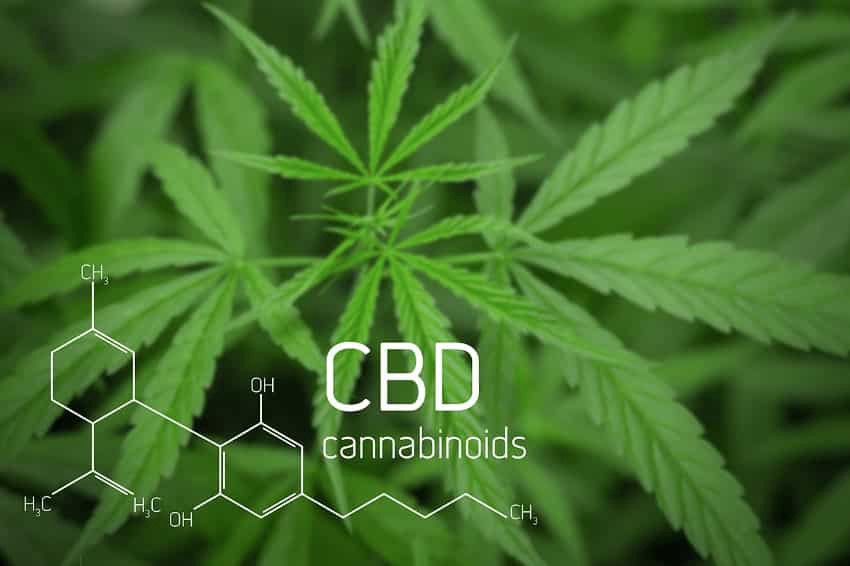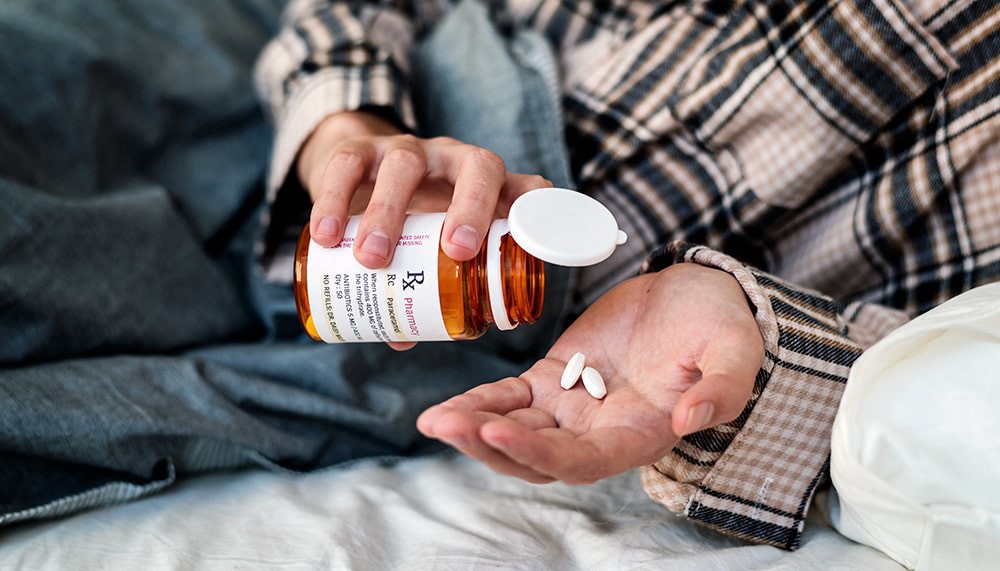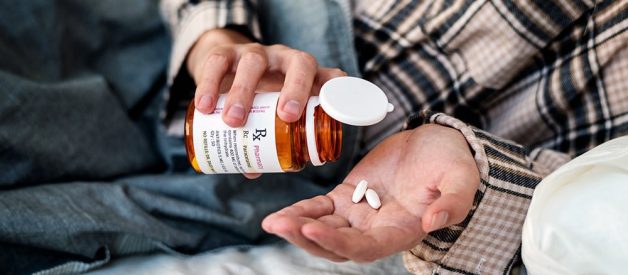
One of the biggest concerns we?ve come across are CBD drug interactions and if CBD is safe to take with other medications.
Considering the ambiguity of what?s really in some of these prescribed medications and how they work with the body compared to how Cannabidiol (CBD) works with the body, this is indeed a very concerning subject.
Due to the nature of chemical compounds, virtually every substance, including CBD, will interact with other substances. For instance, labels on a variety of prescription drugs will advise you to avoid grapefruit when taking the medication because it can significantly affect how the body metabolizes the drug.

While CBD can deliver a variety of health benefits and is safe to take with many medications, CBD can illicit problematic interactions with certain drugs
In this article, we?re going to explore several different CBD drug interactions and discuss important facts every CBD user should be aware of.
Note: Please be advised that findings are not always conclusive as further research upon the interaction of CBD with certain medications is still needed. Depending on the type, quality, and purity of CBD being administered, CBD can have adverse interactions with a drug. We highly advise consulting your doctor or a certified health professional before taking Cannabidiol (CBD).
How CBD Interacts with Drugs and Medication
CBD can reduce or increase the effects of certain prescribed medications by interacting with receptors throughout the body?s Endocannabinoid System (ECS) and by inhibiting the activity of cytochrome P450.
Cytochrome P450 is a group of liver enzymes that are responsible for breaking down drugs and toxins that enter the body. By inhibiting the activity of this enzyme, CBD can temporarily deactivate its activity, which can alter how other compounds are metabolized.

Interaction Between CBD and Drugs that Increase Risk of Bleeding
Studies have shown that CBD and other plant cannabinoids can increase the effects of drugs used for blood-thinning (e.g. warfarin) or drugs with a risk of blood-thinning (e.g. ibuprofen).
By slowing down how the body metabolizes these drugs, CBD preserves the medication?s durability and prolongs its presence in the body. Effectively, CBD can increase and prolong the effects of drugs that increase the risk of bleeding and the usage of both simultaneously should be closely monitored by a medical professional.
Interaction Between CBD and Sedatives
By interacting with neurotransmitter receptors in the central nervous system, cannabinoids like CBD and THC can induce sedative effects on the user. While the sedative effects of THC are associated with drowsiness and lethargy, CBD induces sedative effects that are calming and wake-inducing.
When combined with sedatives, cannabinoids produce an additive effect, meaning they can increase the effects of the medication. While the interaction between CBD and sedatives does not seem to have a directly negative effect on the user, the potential impact CBD can have on sedatives is not fully known.
To play it safe, users should avoid combining CBD with sedatives.
How CBD Interacts Anti-Seizure Medication
While CBD is widely known to be an effective treatment for epileptic seizures, without medical supervision, CBD can present problems under certain circumstances with anti-seizure medication.
A 1992 study by Lester Bornheim found that a low dosage of CBD will not deliver its renowned anti-epileptic benefits; however, it will still inhibit the cytochrome p450 enzymes and result in prolonged concentrations of clobazam and norclobazam, which can actually result in more aggressive seizures.
With that being said, it is very important to consult with a medical professional in order to determine the proper dosage of CBD to effectively alleviate epileptic seizures.
Interaction Between CBD and Chemotherapy Drugs
The interaction between CBD and chemotherapy treatment presents a similar situation.
In the treatment of cancer, accurate and precise dosages of chemotherapy drugs are extremely important. An inadequate amount may result in ineffectiveness and an excessive amount may result in over toxicity.
Many chemotherapy drugs are formulated with the understanding that the drug will be metabolized at a certain rate before entering the body. By introducing CBD to the equation, the metabolism process is inhibited, which can result in higher concentrations of the drug to enter the bloodstream than intended.
While CBD has shown to alleviate cancer-related pain and slow the growth of cancer, if it is combined with chemotherapy treatment, the amount and type of cancer medication administered must account for the presence of CBD.
Try the Grapefruit Comparison
Grapefruit juice interacts with drugs in the same way that CBD does ? by inhibiting the cytochrome p450 enzymes. The difference is that grapefruit juice is more commonly referenced on medication labels.
Since both grapefruit juice and CBD can inhibit the metabolic process similarily, logically, any drug or medication that is advised to not be consumed with grapefruit juice, should also not be consumed with CBD.
For further reference, check out the list of some drugs that can interact with grapefruit juice that?s listed on Drugs.com:
- alprazolam
- amiodarone
- atorvastatin
- carbamazepine
- cilostazol
- clarithromycin
- colchicine
- dronedarone
- erythromycin
- felodipine
- fentanyl
- fentanyl transdermal system
- fexofenadine
- indinavir
- loratadine
- losartan
Please be advised that this list does not include all drugs that can interact with grapefruit or CBD, and it is highly recommended that you consult with your physician before taking Cannabidiol (CBD).
It is highly recommended to consult with your physician before taking Cannabidiol if you currently use any other medications?
Consult a Doctor Regarding CBD Drug Interactions
In conclusion, CBD can deliver a wide variety of benefits; however, like any other substance, it can interact with other substances, and it is extremely important to be aware of these CBD drug interactions.
Furthermore, for your safety and health, always consult your physician if you are considering taking CBD in conjunction with any other prescribed medication.
Thank you for reading this article, I hope that it helped shed some light on this important subject. Please share this article with anyone you know who is considering taking CBD with another medication or drug and please remember what was discussed in this article.
If you have any questions, comments, or suggestions, please feel free to discuss with me in the comments!


